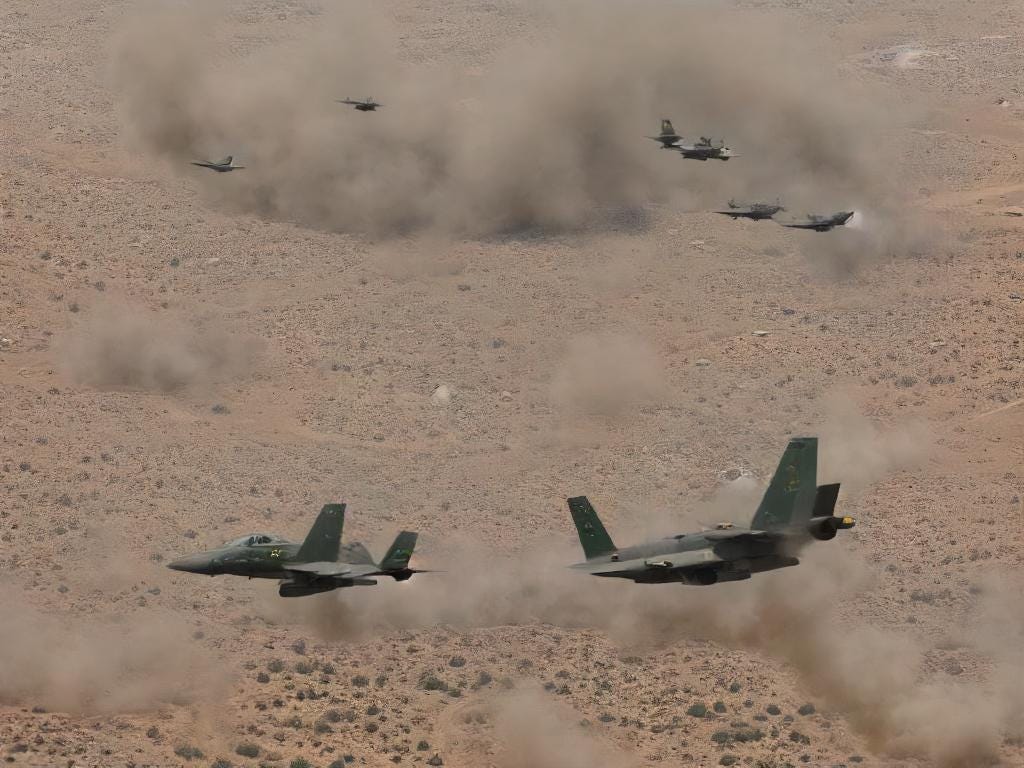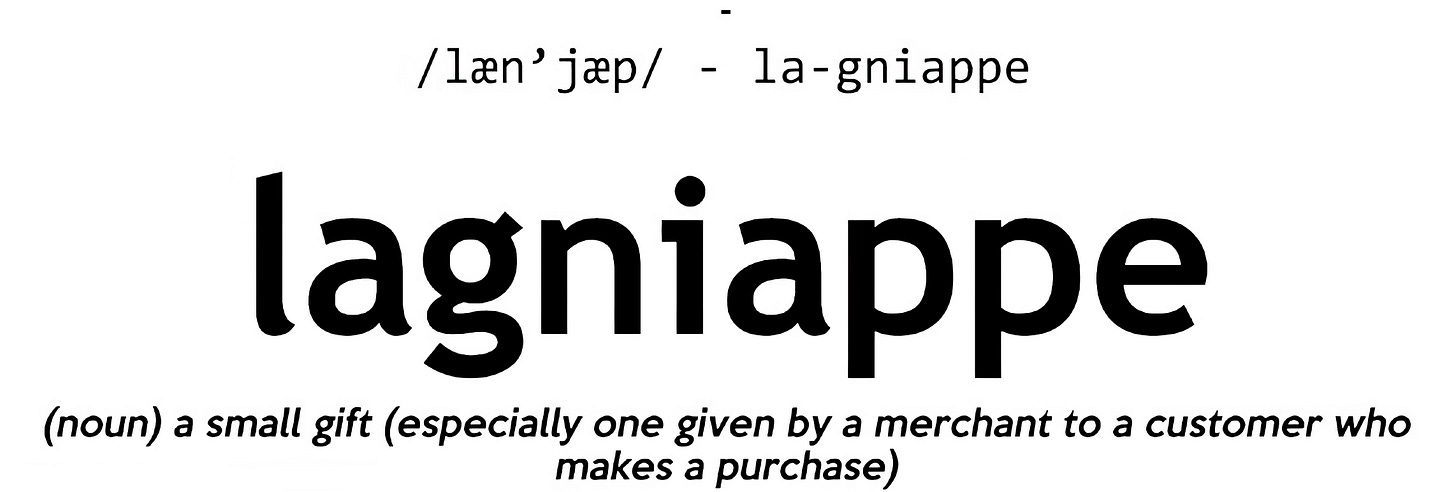Hezbollah Unleashes Deadly Rocket Barrage on Israel, Sparking Regional Tensions
Over 320 Rockets Fired in Retaliation for Assassination of Senior Hezbollah Commander...
Beirut, Lebanon – In a dramatic battle escalation, Hezbollah launched hundreds of rockets and drones against Israel on Sunday, in retaliation for the assassination of their senior commander, Fouad Shukur, in Beirut last month.
The Lebanon-based militant group announced they had fired over 320 Katyusha rockets towards Israel, targeting 11 military sites.
This surprising onslaught prompted an immediate response from Israeli forces, who had been anticipating the assault. Israeli jets initiated a preemptive airstrike campaign across southern Lebanon, aiming to neutralize the imminent threats posed by Hezbollah.
"Hezbollah's strike is just the beginning," warned Israeli military spokesman Rear Adm. Daniel Hagari. "Our operations will continue to obliterate these threats and ensure the safety of Israeli civilians."
The tensions are heightened in a region already destabilized by the ongoing Israel-Hamas war in Gaza. The preemptive Israeli strikes and subsequent rocket salvos from Hezbollah raise the specter of a broader regional conflict.
According to an intelligence official, Israeli preemptive measures successfully destroyed all missile launchers programmed to target Tel Aviv. However, the retaliation from Hezbollah might escalate further, with fears of more intense rocket, missile, and drone attacks looming large.
The impact of this airborne attack was immediate and severe.
Sirens blared across northern Israel, with Lebanese media reporting "the most violent" strikes since the Gaza war erupted. Critical infrastructure, including electricity and water supplies, suffered significant damage. Casualty reports include at least two injured, one critically.
Israeli Prime Minister Benjamin Netanyahu underscored Israel's resolve to defend its territory. "We are determined to do everything to protect our country," he stated, managing the response from Tel Aviv’s military headquarters.
Amidst escalating hostilities, international eyes are on the region. The U.S. National Security Council, led by Sean Savett, conveyed President Joe Biden’s close monitoring of the situation. U.S. Secretary of Defense Lloyd J. Austin III echoed America's unwavering commitment to Israel’s defense.
Yet, discussions in Cairo involving ceasefire facilitators have seen limited success, with key players like Hamas absent from the talks. The perilous situation remains fluid, and the deployment of further U.S. military assets in the region seeks to deter potential Iranian responses.
As the conflict continues to unfold, the world watches with bated breath, hoping for a de-escalation that seems increasingly elusive in a volatile landscape.
We warned our readers here on August 12th with a detailed briefing:
The Imminent Threat: Will Hezbollah’s Entry Spark a Wider War in the Middle East?
Retired Gen. Frank McKenzie, the former commander of U.S. Central Command, predicted on "Face the Nation.”






